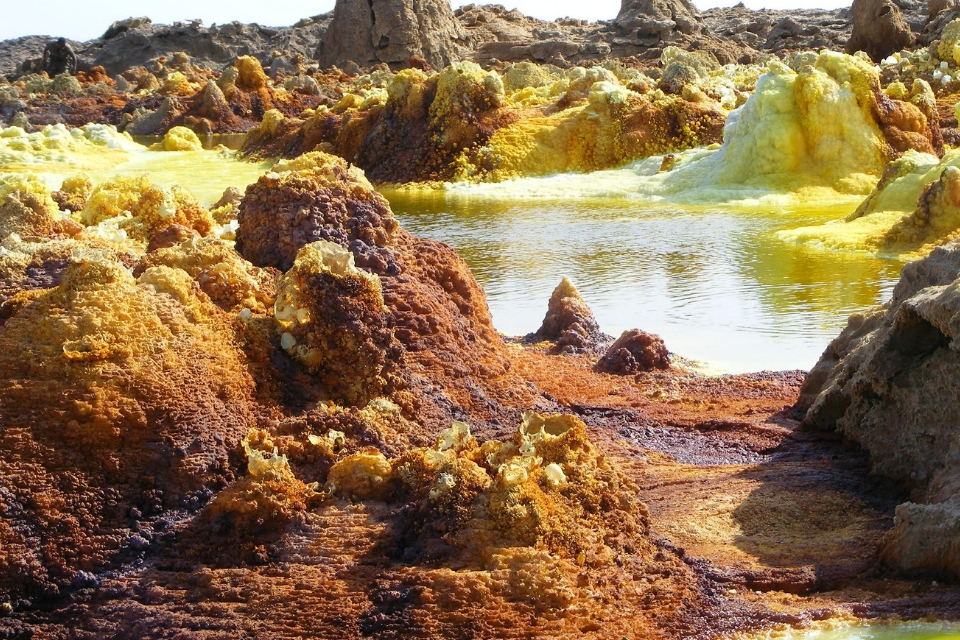Ethiopia, the enthralling land of origins, is in North Eastern Africa and is home to diverse landscapes, deserts, volcanoes, highlands, and of course the famous rock-hewn churches.
Ethiopia’s unique combination of culture, deep rooted history and stunning landscape makes it one of the most intriguing places on earth. From legendary beliefs to confusing times and dates, here are some facts about Ethiopia you probably didn’t know about.
1) It is the oldest country in Africa

First founded in 980 BC, Ethiopia is the oldest independent country in Africa. It is also the second most populated country in Africa with a population of over 106 million people, making it second to Nigeria. Ethiopia also stands as the only African country that has never been colonized.
2) Ethiopia is the only country in the world with a 12-hour time system, counting from dawn to dusk and from dusk to dawn

The time zone in Ethiopia is the East African Time (EAT). Ethiopia does not observe daylight saving time. The daytime cycle begins at dawn which is 6:00am (EAT) and ends at dusk which is 5:59pm (EAT).
The night time cycle begins at dusk which is 6:00pm (EAT) and ends at dawn which is 5:59am (EAT).
3) Coffee was first discovered in Ethiopia
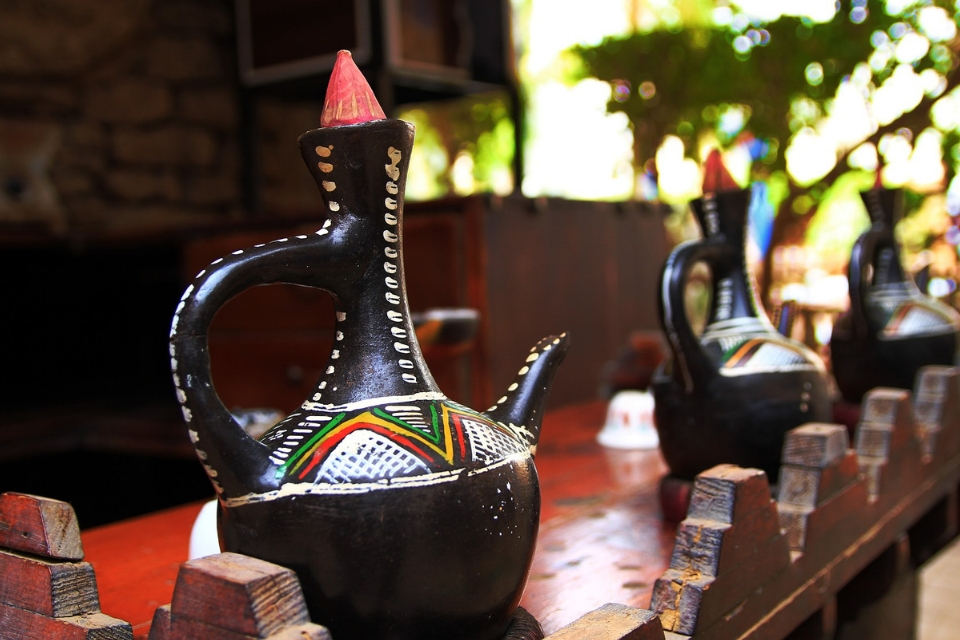
It is confirmed that coffee was first discovered in Ethiopia and moved around the world through slave trading and other means.
There are several accounts to exactly how it was discovered. One account is that a 9th century goat herder in Ethiopia noticed how energised his goats became whenever they fed from a certain bush. This led him to try and chew the fruits from the bush.
He took these fruits to a monastery and a monk threw them into the fire. The enticing aroma attracted other monks and the fruit was dissolved in hot water, yielding the world’s first cup of coffee.
4) The Rastafarian Movement has links to Ethiopia
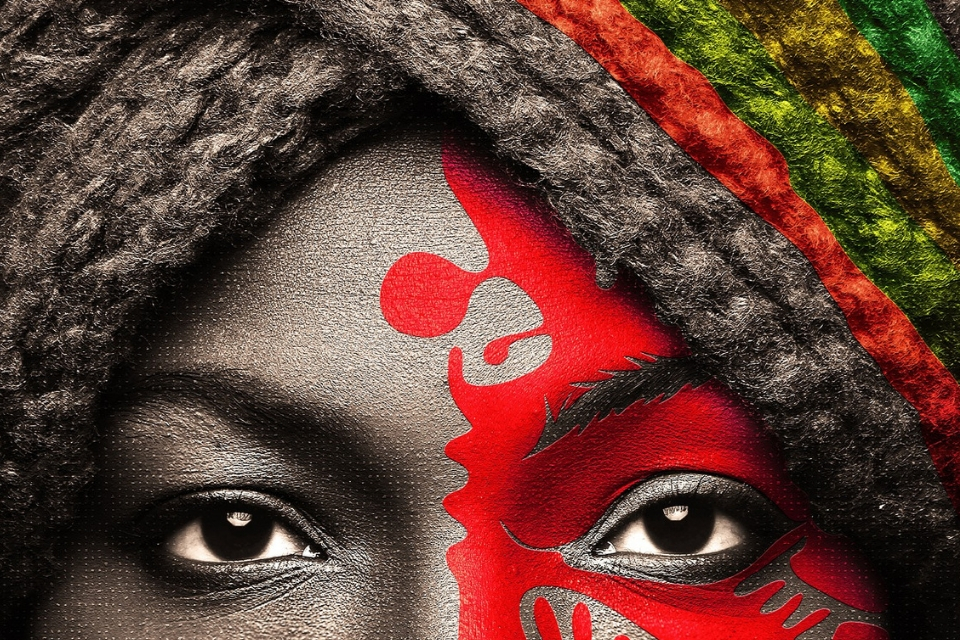
The history of Rastafari can be traced back to Africa though the movement was started and developed in Jamaica. The word Rastafarian is derived from ‘Ras’ meaning chief in Ethiopia’s official language, Amharic and ‘Tafari’, the first name of former Ethiopian Emperor, Haile Selassie I.
He was also the spiritual leader of Rastafarians who was believed to be an incarnation of God.
5) Ethiopia uses a 13-month calendar

When the Roman church adjusted its ancient calendar in 525 AD, Ethiopia did not change its calendar and so, Ethiopia is seven years behind the Gregorian calendar. Ethiopia celebrated the new millennium on 11th September, 2007.
Ethiopia has 13 months in a year( i.e 12 months with 30 days each and a 13th month with 5 days in a common year and 6 days in a leap year). Christmas is celebrated in Ethiopia on January 7th.
6) The Ark of The Covenant is believed to be in a church in Ethiopia
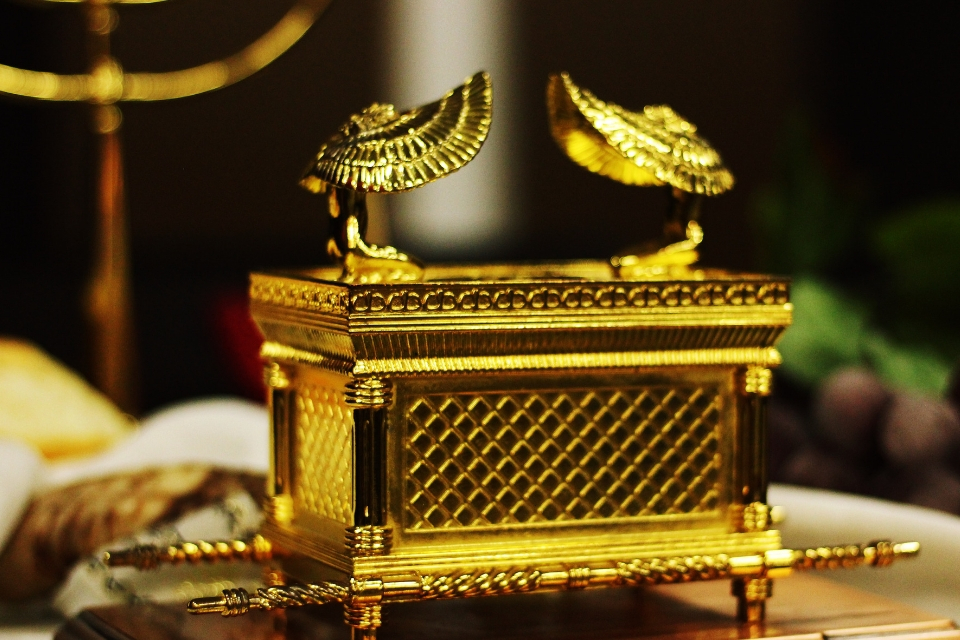
The Biblical Ark of The Covenant, holding the 10 commandments is believed to be housed in a church in Ethiopia. Known as the ‘Mother Church of Ethiopia,’ St. Mary of Tsion. No one, not even the specially chosen guardian, is allowed to look to confirm if it is actually there.
7) Dallol in Ethiopia is the hottest inhabited place on Earth
Dallol in the Danakil Depression in Ethiopia holds the world’s record for the highest average temperature for an inhabited location. Its annual average temperature, recorded between 1960 and 1966 was 35°C (95°F). The average daily maximum temperature, recorded around the same period was 41°C (106°F).
8) Ethiopia has the longest existing lava lake
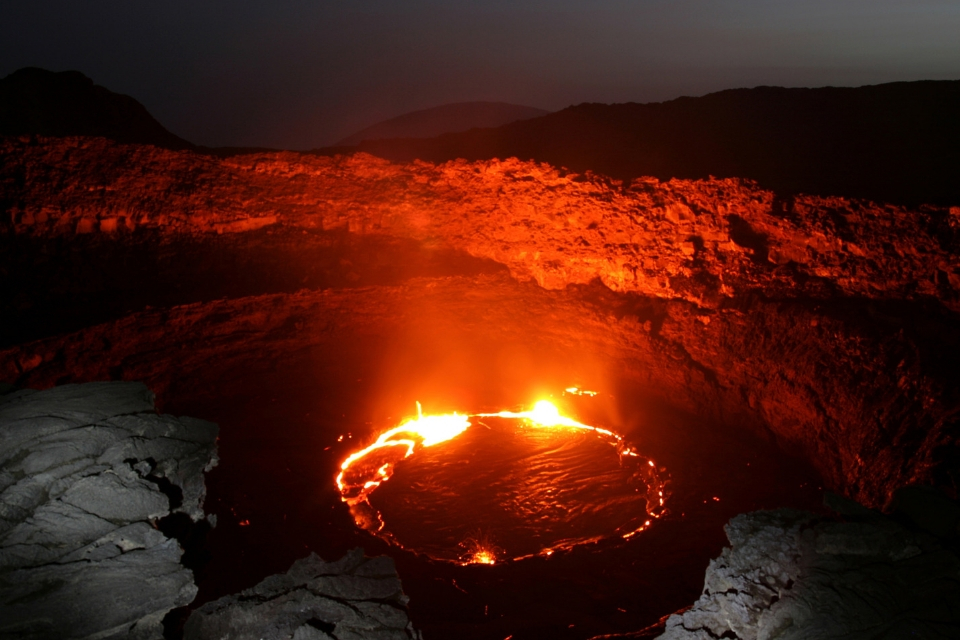
The Erta Ale Volcano in Ethiopia holds the longest existing lava lake, existing since 1906. Known locally as “The Gateway to Hell” because of its searingly hot temperatures, the Erta Ale Volcano derives its name from the Afar language and is translated as ‘The Smoking Mountain’. It is one of the most active volcanoes in the world.
9) Addis Ababa, Ethiopia’s capital city is the highest capital city in Africa

In terms of height above the sea level, Addis Ababa stands as the highest capital city in Africa and the fourth highest capital city in the world with an altitude of 2,335m (7,726ft) above sea level. Addis Ababa, home of the African Union, means ‘New Flower’ in Amharic.
10) Ethiopia is home to 9 sites on the UNESCO World Heritage Sites list
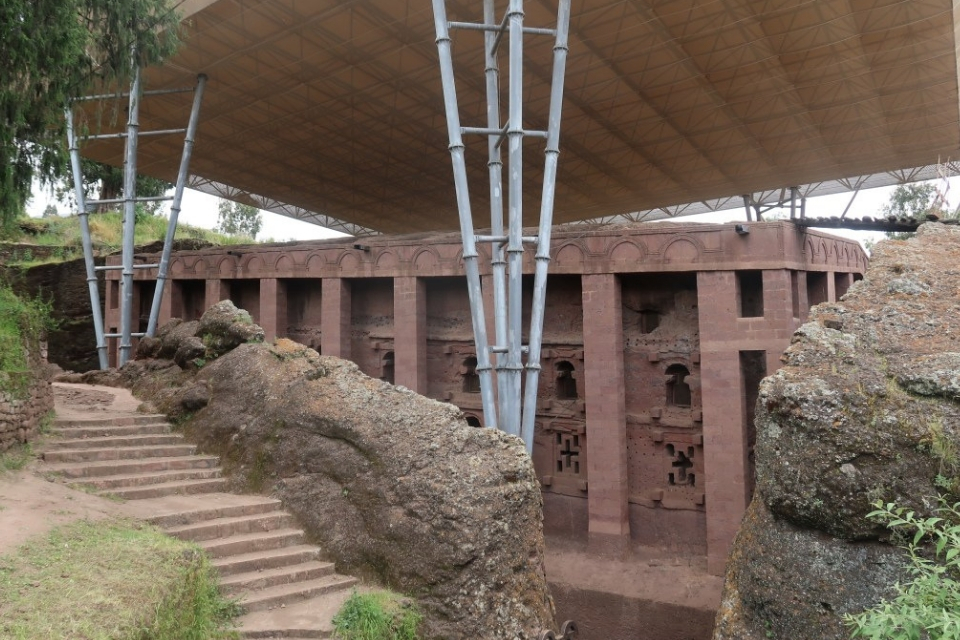
The Lalibela Rock Hewn Churches, Konso Cultural Landscape, Lower Valley of the Awash, Aksum, Tiya, Simien National Park, Harar Jugol (the fortified historic town), Lower Valley of the Omo and Fasil Ghebbi are all locations in Ethiopia that are listed by UNESCO as World Heritage Sites.
Ethiopia has succeeded in maintaining most of her cultural heritages and landmarks. This outstanding act has made it one of the most fascinating countries in Africa.
Are you planning a trip to Ethiopia? Making your trip more enjoyable by asking the locals about these ten surprising facts.
Read More About Ethiopia and Its Wonders Here:
- Lalibela Explained: Facts, Where, When, How
- Facts about the Coffee Ceremony in Ethiopia
- Danakil Depression Ethiopia
- What Makes Ethiopian Cultural Food Unique?
Learn more about our Ethiopia tours!

